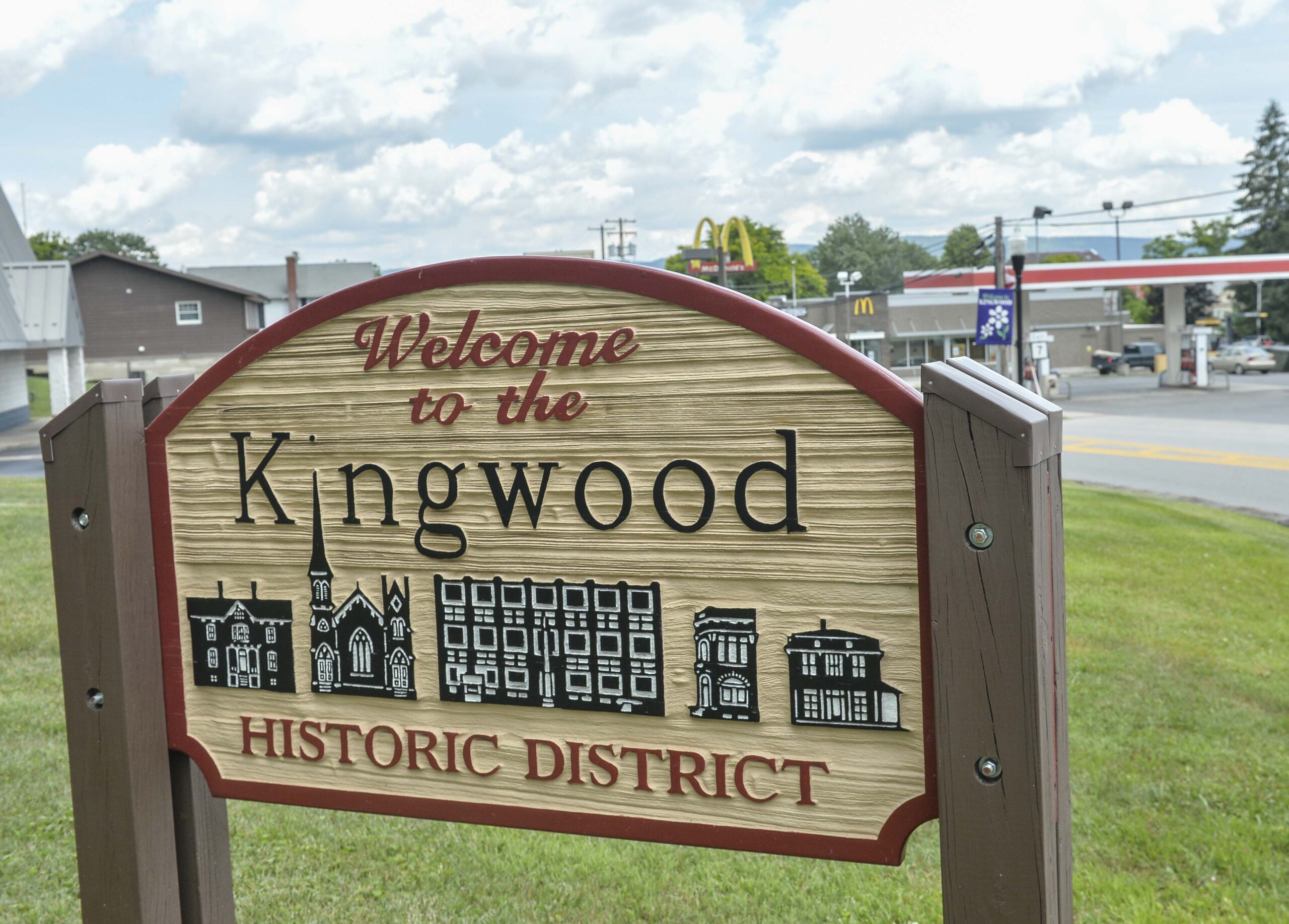KINGWOOD — City council members tabled a decision about giving a letter of support to Milan Puskar Health Right until their next meeting.
The organization asked council to provide the letter for its harm reduction program.
Beginning in January, the State of West Virginia implemented licenses for harm reduction programs to legally provide syringes. A requirement of the new law is that the county commission and the city council where syringes are to be dispensed must supply a letter of agreement for the program.
If Kingwood doesn’t provide a letter of support and the Preston County Commission does, Health Right cannot hold the program in Kingwood but must look for a different location.
Laura Jones, executive director of Milan Puskar Health Right and V.J. Davis, director of the Preston County Health Department, provided information about the new law and the program to council members at their Tuesday evening meeting.
Jones said the new law requires each person to return syringes in order to receive the same number each month. If no syringes are returned, no syringes are given. West Virginia identification is required that includes the client’s name and address as proof of residence in the state. The client has to be present to pick up syringes and drop off used ones.
Jones said the Preston County program was in place from August 2018 through December 2021. She said during that time 34 clients signed up for the program, 151 client visits were made to the site, 111 Naloxone kits were given out, 3,110 syringes were returned, and 26 clients were tested for HIV and HCV.
Jones did not have the number of syringes dispensed. She said a client can get up to 100 needles.
Jones said the program requires participants to answer questions each time they are seen. The questions include whether they are ready for treatment and if so, she said, an immediate referral is made. She said participants receive educational materials about how to reduce harm that comes from injecting drugs.
Jones said the needle exchange program helps keep cases of HIV and Hepatitis C from being spread by sharing needles.
“Most people addicted will not stop cold turkey until you can convince them to stop. It feels like you are going to die,” she said.
Jones said there is a county risk list for HIV and Hepatitis C. McDowell is No. 1 on the list and Preston County is No. 14.
Councilman Michael Lipscomb said the program sounds like it worries more about people who are addicted than it does about people who are at risk due to discarded needles laying around.
“I spent hours a day at Brown Park picking up needles,” Parks and Recreation Director Kevin Stiles said.
“We can’t get people to throw the needles in a garbage can. It’s (needle exchange) not worth doing if you can’t guarantee needles will not be found on play yards,” Councilman Josh Fields said. “You give me 20 needles and I bring back 18 and you give me 18 more and there is still two floating around out there.”
Former Kingwood Police Chief Charlie Haney said people used to call him because they found needles on their property.
“They were scared to death it was so bad — and I would be back there (to their homes) the next day. I’d get calls from the school, churches and from people who had people sleeping on their porches and looking in their windows. They all (people sleeping on porches) have IDs and addresses, but when they get on this stuff, they get violent and are not allowed to be there (at home). We had transients who would come here on the bus for a few days and leave.”
Mayor Jean Guillot said, “I had someone sleeping on the porch of the Inn.”
Councilman Bill Robertson said he’d like to support the program, but can’t.
“How does this program make Kingwood a better place to raise a family?” Fields asked. “I don’t believe this program is in the best interest of Kingwood.”
Council tabled the decision on the letter of support until its next meeting, which is 7 p.m. March 8.
TWEET @DominionPostWV




